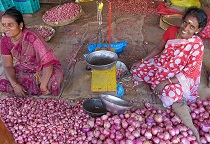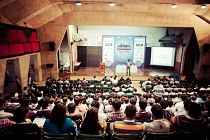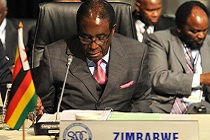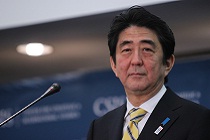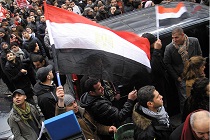In search of economic liberalism in India
The reforms of the early 1990s did not bring economic freedom to a majority of the population. That explains a large proportion of the economic and social ills that affect India today. Why is economic life in India of the ‘Taliban type’? Why is illiberal thought still our guiding principle?

